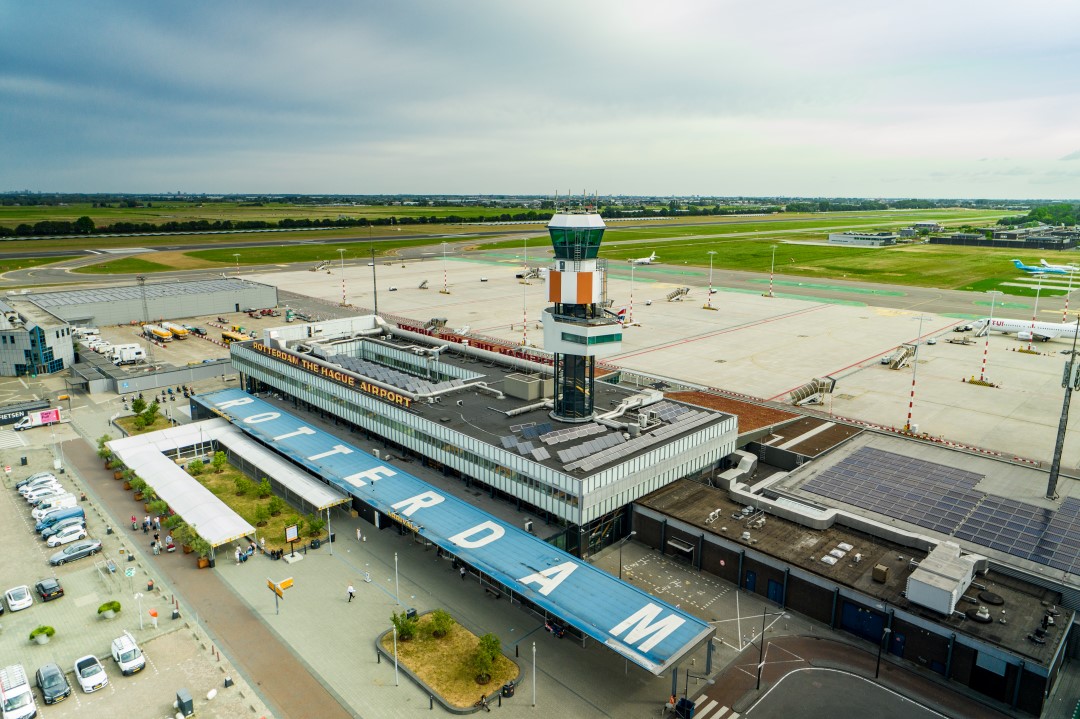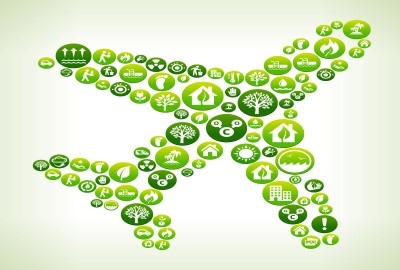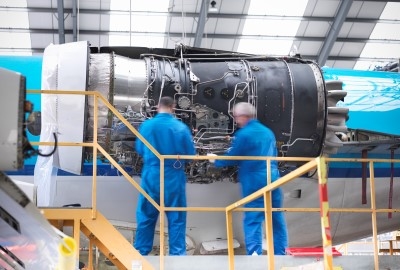Rotterdam The Hague Airport and Shell raise the bar of SAF blending
Rotterdam The Hague Airport (RTHA) and Shell have signed a deal that takes blending of Sustainable Aviation Fuel (SAF) at the airport to a higher level. With the current European blending mandate at 6%, RTHA aims to set a minimum target of 8%.
 Image by Rotterdam The Hague Airport
Image by Rotterdam The Hague Airport
Blending SAF into kerosene brings forth a multitude of benefits. It can lead to an impressive average reduction of 80% in CO₂ emissions across the entire aviation chain.
AviationSourceNews reports the airport and the SAF manufacturer have signed a long-term agreement to blend sustainable aviation fuel on all aircraft fueled at the airport, starting in 2024. With this strategic initiative RTHA raises the bar from 6 to 8%, aligning with the more ambitious goal of the Dutch aviation sector to achieve 14% by 2030.
Creating stable demand
Jan Toschka, President of Shell Aviation, applauds the airport’s commitment to long-term SAF agreements, surpassing the levels mandated by the European Union. Toschka highlights the significance of such ambition in creating stable demand, a pivotal factor for scaling up the supply and utilization of SAF.
According to the report by AviationSourceNews, Shell is actively contributing to the sustainable aviation landscape by constructing an 820,000-tonnes-per-year biofuels facility at the Shell Energy and Chemicals Park in Rotterdam. This facility will produce SAF and renewable diesel made from waste, underscoring Shell’s commitment to innovative, eco-friendly solutions.


